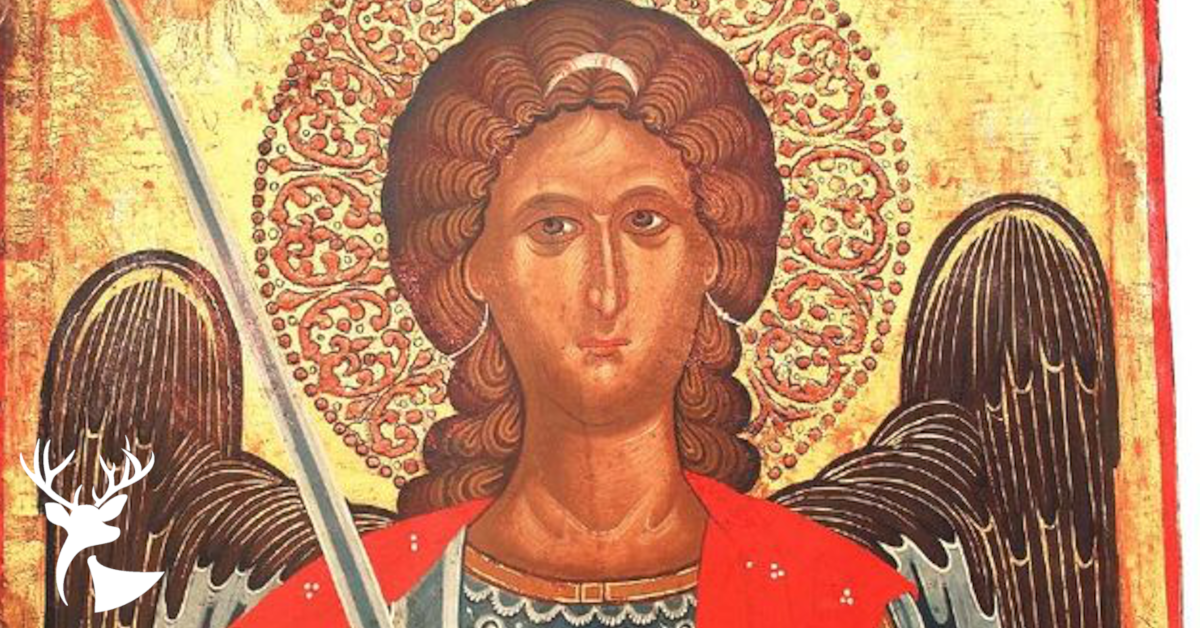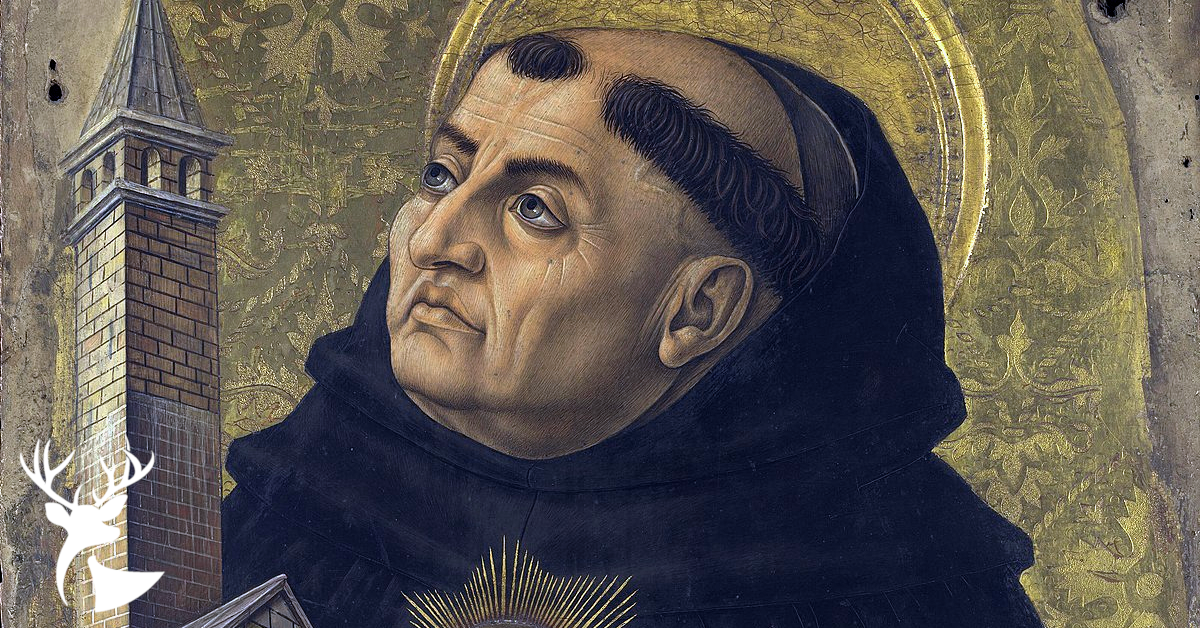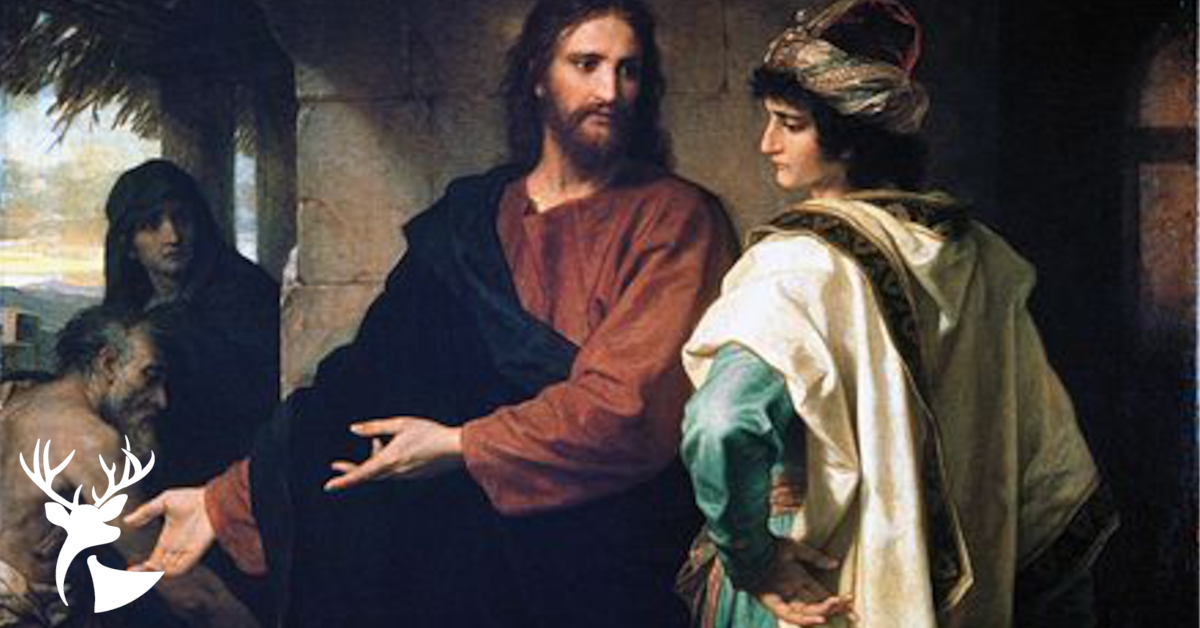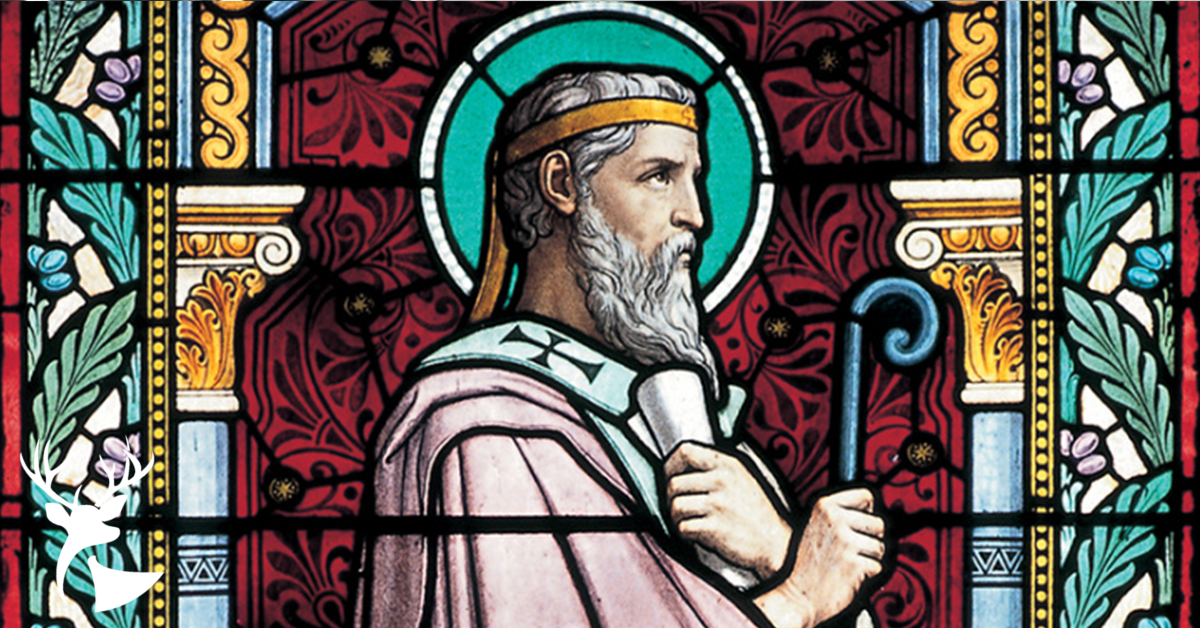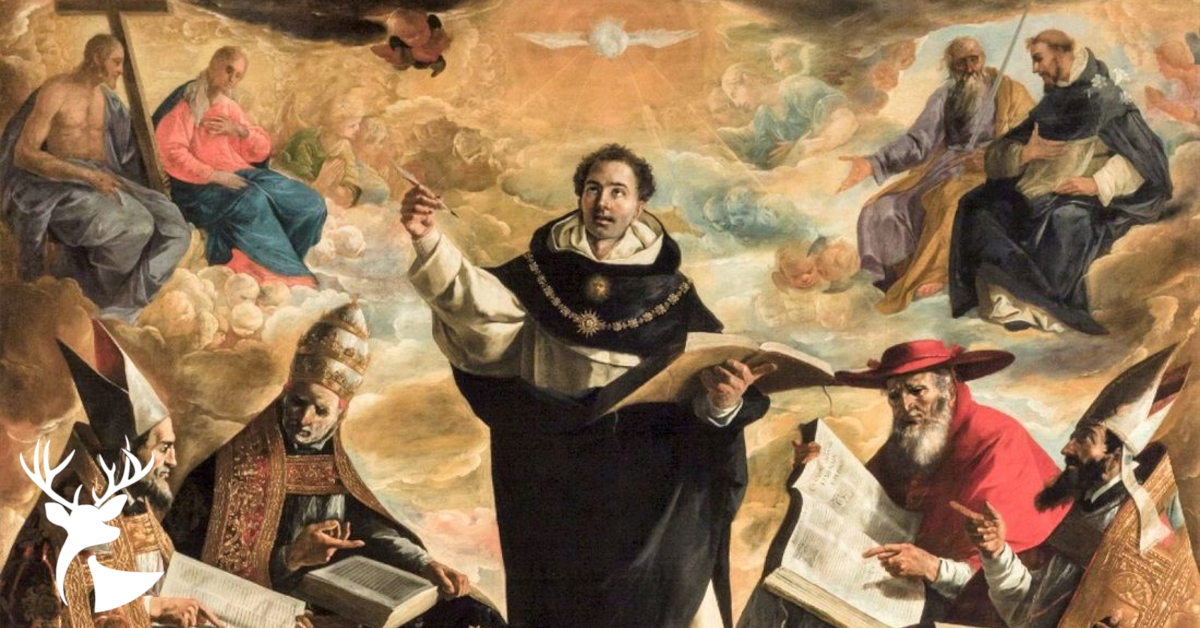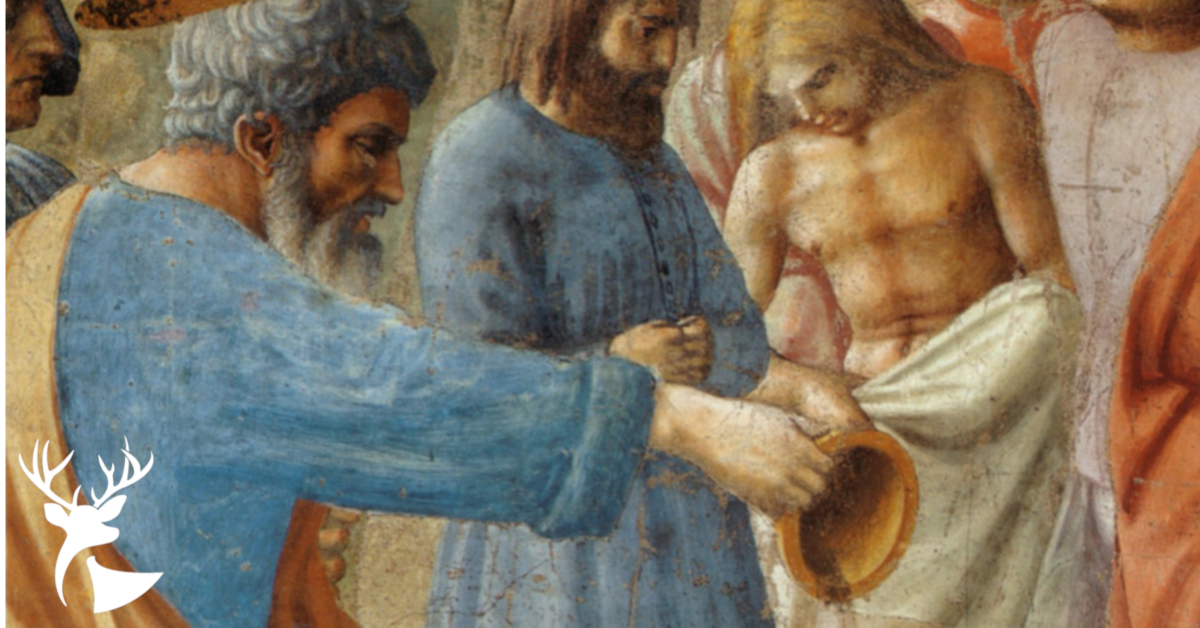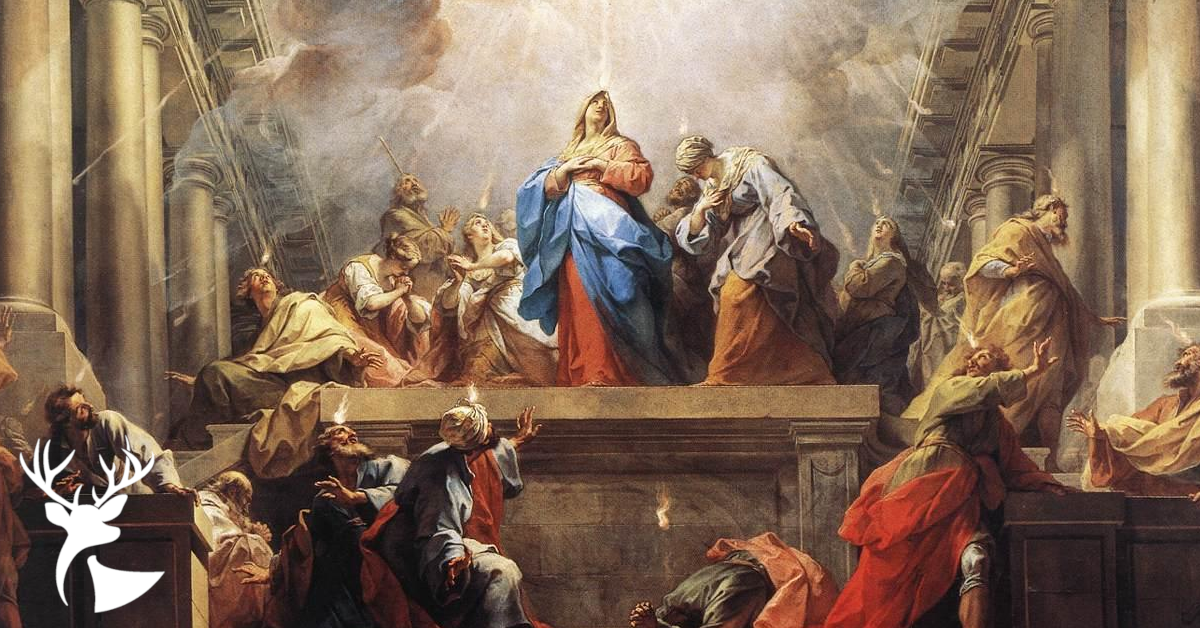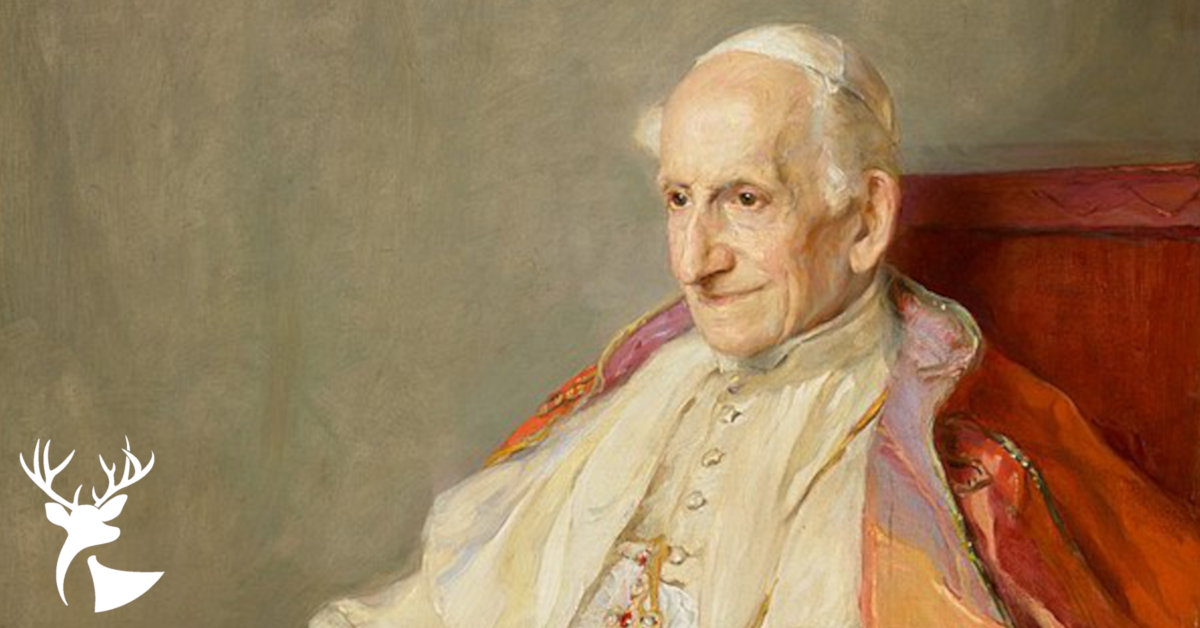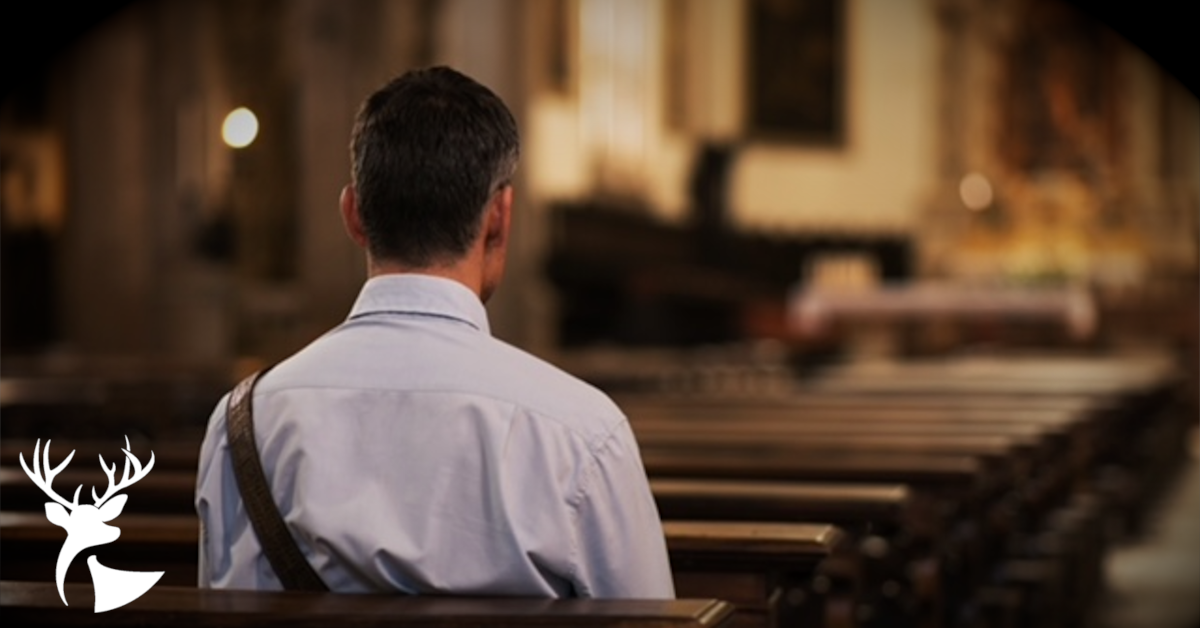
Dr. Aaron Henderson is a Faculty Tutor for the Alcuin Institute for Catholic Culture.
Stay Connected!
As a new father, I look forward to the education of my daughter with a certain amount of anxiety and trepidation. Marriage is primarily for the sake of the procreation and education of children. Sometimes we forget about that second part. Especially from the standpoint of the father, procreation is the “easy” portion. Educating one’s children, especially in the faith, is not optional—it is an obligation, a grave duty and responsibility. The Catechism of the Catholic Church speaks of a “right” and “duty” of parents that is primordial and inalienable. We may at times entrust our children to others, extending our own authority and responsibility to them, but we remain bound in justice and love to educate our children, especially morally and spiritually. I would like to examine the Catechism further on this point. The relevant paragraphs here are 2221–2233.
The Catechism begins by speaking of the proper disposition parents ought to have in the face such a daunting task. Parents must view their child(ren) as a human person and child of God (2222). They must also remember that in educating and rearing they are imitating God the Father and expressing their obedience to Him.
When the Catechism speaks of “education,” it does not limit itself to philosophy or chemistry or things of this kind, as important as these disciplines are. Instead, the Catechism focuses on moral formation, formation in the virtues. “This requires,” the Catechism notes, “an apprenticeship in self-denial, sound judgment, and self-mastery—the precondition of all true freedom” (2223). How often do we view education in this way? Education in the virtues is freeing, liberating, precisely because it habituates us to the good and opens us to a fuller depth and breadth of human experience. It is impossible to educate in the virtues without modeling them for our children—another potential source of anxiety, as we reflect on our own inadequacies. But notice that the grave task of education calls us ever higher—to the heights of intellectual and moral perfection.
It is in the home, school of the virtues, that children learn to relate well to others. We are, after all, social animals, creatures meant for communion. If parents fail to educate their children and model for them healthy, integral human relationships, the world will hold out a perverse “model” for them. The Catechism speaks of “compromising and degrading influences which threaten human societies” (2224).
Above and beyond all the “natural” education and formation parents ought to provide their children, parents have the responsibility of evangelizing their children and passing on the Catholic faith. Even before children have the intellectual capacities to understand and articulate the faith for themselves, parents should immerse their children in the liturgical life of the Church—it is here that the mysteries of our salvation are alive, their fruits on offer (2225).
Formation in the faith cannot start too early. Daily catechism, the aforementioned immersion in the sacred liturgy, and taking an active role in the life of the parish all conduce toward children alive in the faith and ready, when the time comes, to witness to it in their own lives (2226). Lest one think, however, that influence goes only one way, the Catechism emphasizes that children contribute to the growth in holiness of their parents. The home should be a place of forgiveness and peace, a place of mutual affection and the charity to which Christ calls us (2227).
Affection and love are manifest when parents provide for the physical and spiritual wellbeing of their children; “respect and devotion,” as the Catechism puts it, motivate parents to educate their children in the proper use of their reason and freedom (2228).
In paragraph 2229, the Catechism mentions something that may at first blush seem to involve party politics, though it need not. Because parents are the primary educators of their children, especially when it comes to the transmission of the faith, they also have a right to choose a suitable school for their children, one that corresponds to the true purpose of education in light of Christ and His revelation. The Catechism calls this right of parents “fundamental,” saying of it that “[p]ublic authorities have the duty of guaranteeing this parental right and ensuring the concrete conditions for its exercise.”
Whereas children remain under the meticulous guidance of their parents for a time, eventually children grow up and assume responsibility for themselves. They thus set out on their own to choose a profession and state of life. Though the parents do not at this stage have the same jurisdiction over their actions and choices, children are expected to solicit advice from their parents and to exhibit a certain respect for the advice given. Parents ought to be careful at this stage not to overstep bounds or to attempt to exercise an authority that no longer exists (2230). Some, of course, end up forgoing marriage for one reason or another, and some even continue to live with and care for their parents and/or siblings (2231).
Lastly, the Catechism relates the family, a primordial society born of blood, of natural kinship, to the Kingdom of God. The family has the ability to become a domestic church, a place of training in Christian discipleship, but only if it maintains that the higher calling, and the stronger bond, is the Christian one. The Kingdom must be sought first, even above the good of the family and of its members. Jesus’s words here are difficult but worthy of careful reflection: “He who loves father or mother more than me is not worthy of me; and he who loves son and daughter more than me is not worthy of me” (Mt. 10:37). Family ties, as important as they may be, are not absolute, and the family of God is to be afforded the higher place (2232).
This “family of God” is established not on the basis of biology or blood but on the basis of faith and the sacraments of faith. It is a society characterized by obedience to the divine will: “For whoever does the will of my Father in heaven is my brother, and sister, and mother” (Mt. 12:49). Should a child be called to devote himself in a special way to the priesthood or consecrated life, his parents should respond in joy and thanksgiving, knowing once again that the goods of the Kingdom transcend those of the family, even if the latter are always and everywhere to be retained and promoted, albeit ordered to the former as imperfect to perfect (2233).
Though these principles require prudence to implement, there is much here that is practical. Reappropriate for yourself a truth that has become obscured or even denied: parents are the primary educators of their children. Commit yourself anew to the prioritization of the spiritual over the bodily, of divine wisdom over earthly wisdom. Only if you model this in your own life can you successfully teach your children in this way. This education in the faith should involve an intentional and habitual immersion in the liturgical life of the Church. Finally, insert your family into the supernatural family of the Church. Far from undermining domestic integrity, ecclesial life has the power to perfect and elevate all in the family that is true, good, and beautiful.
More Reading

Dr. Aaron Henderson is a Faculty Tutor for the Alcuin Institute for Catholic Culture.


